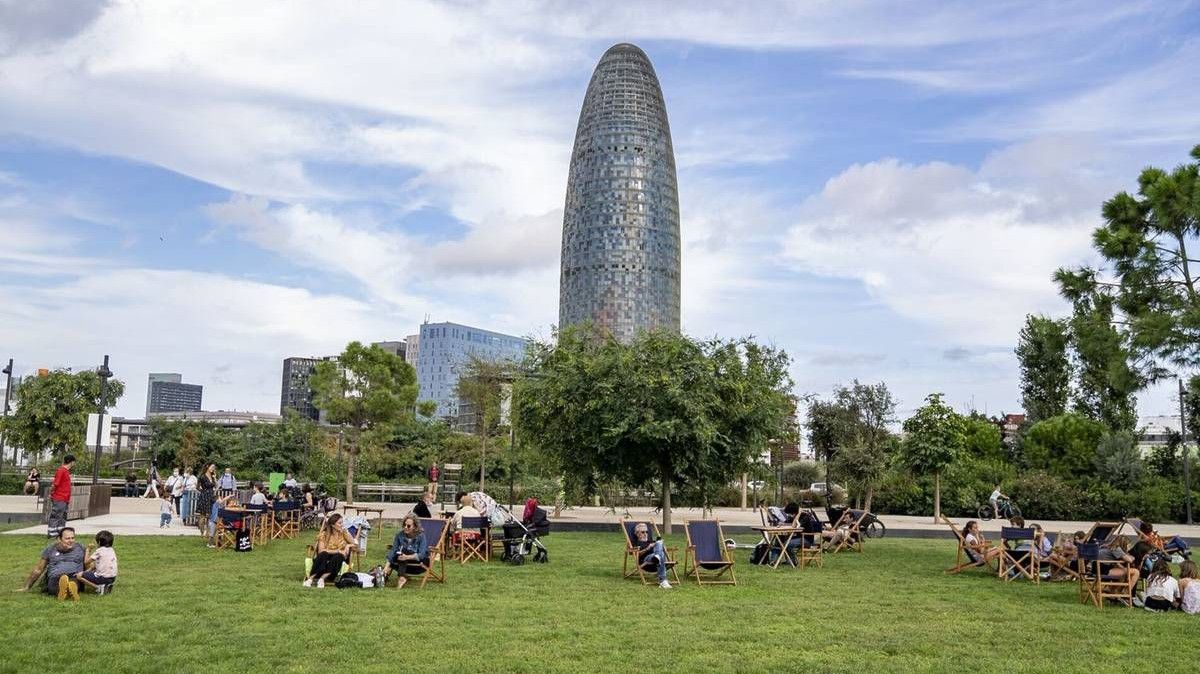In a statement, the High Court mentions that this regulation, which regulates for the first time the urban planning regime of tourist housing in the autonomous community, does not violate the formal or material limits of emergency legislation. Furthermore, “it is in accordance with the constitutional protection of private property, local autonomy, effective judicial protection, equality and legal certainty, as well as with the regime of market unity established by basic state legislation”.
The ruling rejects the challenges relating to infringements of the right to private property and, “in particular”, of compulsory expropriation, given that, textually, the conception of this right does not prevent recognition of the existence of a constitutionally protected content of this right as the right to use, enjoy and dispose of one's own property and patrimonial rights.
In this sense, the TC concludes that the regime of tourist use of dwellings subject to trial does not constitute a suppression of the right to property over them, but rather a delimitation of a specific aspect of its content, in view of the social function of the right, ‘which does not make it disappear or render it unrecognisable’.
The Mayor of Barcelona, Jaume Collboni, congratulated the decision of the Constitutional Court (TC) to reject the appeal of unconstitutionality filed by PP deputies in the Congress of Deputies against the legal restrictions on tourist housing in Catalonia.
















